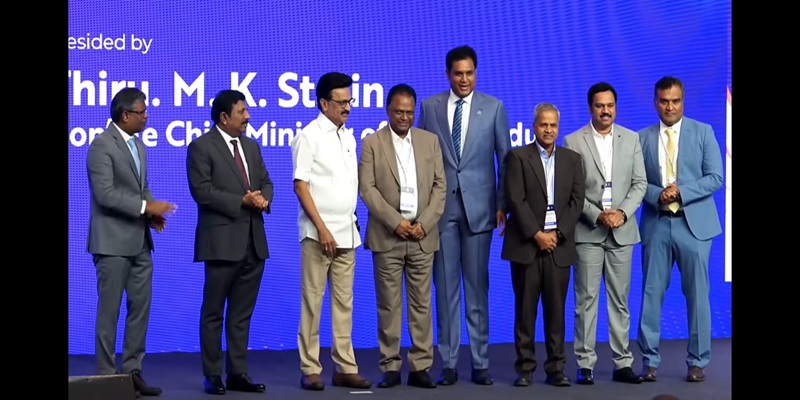Schedule a Call Back
India improves quality assurance for pharma exports; matches WHO norms
 Industry News
Industry News- May 08,24

In a bid to bolster global confidence in the quality and safety of pharmaceutical exports from India, the country's drug regulator is undertaking a gradual overhaul of the approvals process. The move comes in response to concerns raised by global authorities over the quality and safety of medicines shipped from India, reported Mint.
One of the latest decisions involves upgrading India's Certificate of the Pharmaceutical Product (CoPP) to match the standards of the World Health Organisation's (WHO) good manufacturing practices certification.
The CoPP and the WHO's certificate are crucial documents required for obtaining product approval and market authorisation for exporting pharmaceutical items from India.
In a move towards greater transparency, the Central Drugs Standard Control Organisation (CDSCO), India's apex regulatory authority for pharmaceuticals, plans to publish these certificates on its website, allowing importing countries and regulators to verify their authenticity.
"The plan is to put these certificates on the website of the CDSCO so that importing countries or regulators can check whether these certificates are issued by CDSCO or not," stated an official familiar with the developments.
The regulatory overhaul aims to bring transparency to the system, including increased oversight over the number of products shipped by Indian companies and their quality
.
Under the new guidelines, state governments can issue CoPP certificates to pharmaceutical companies only if CDSCO officials are involved in joint inspections.
Additionally, the Drugs Controller General of India (DCGI) has strictly directed companies to adhere to the WHO's good manufacturing practices guidelines at their production facilities to ensure the manufacturing of quality products.
( Source KNN Bureau)
Related Stories

Calcom Vision Reports Record Q3 and 9M FY26 Revenue, Strong YoY Growth
Calcom Vision Limited posts highest-ever 9MFY26 revenue at Rs 150.3 crore, with robust growth across lighting and EMS segments.
Read more
Mahindra Expands Advanced R&D and Testing Facilities at Chennai MRV
Mahindra & Mahindra invests Rs 1,960 million to expand its Advanced R&D and testing facilities at Mahindra Research Valley, creating 2,000 new jobs and reinforcing Chennai as an innovation hub.
Read more
MIC Electronics Secures Rs 44.5 million Eastern Railway Orders
MIC Electronics Limited has received Rs 44.5 million LoAs from Eastern Railway, Howrah Division, for advanced Passenger Information and Communication Systems projects.
Read moreRelated Products

Fanless Industrial Pc for Smart Manufacturing
CONTEC Launches BX-M4600 Series - Fanless Industrial PC for Smart Manufacturing.











